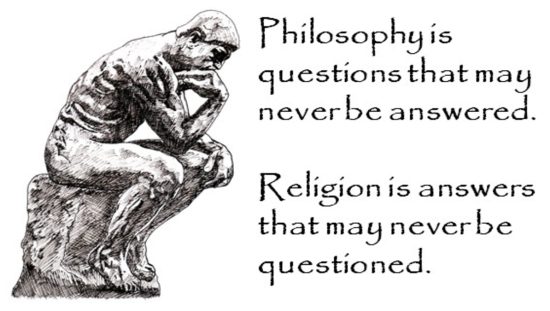Axiology defined
Axiology is the aspect of the knowledge that is concerned with the nature of values, the types of values and the problems of values.
Axiological questions are the fundamental aspect of our life in that the resulting decision has a profound effect on our behavior. Question as “What is good?”, “What is desirable to human beings?” are both fundamental to our existence and constantly present in our daily lives. Thus axiological considerations are important in one’s development of a curriculum for future generations.
Experts contend that axiological questions (Axiology) are usually divided into two main categories:
- Ethics
- Aesthetics
Ethics
Ethics is the branch of philosophy concerned with human behavior, morality, and responsibilities of people to each other and to society. Because ethics plays such a large part in the way people live, it has always been a subject of great interest. Some thinkers have asserted that there are definite, knowable standards for human behavior. Others deny this and say that decisions should be based mostly on the situation in which one finds oneself. They are relativists–they say ethical decisions are related to specific circumstances.
This branch of philosophy is very close to religion. A large part of the Holy Books, for instance, is made up of wisdom literature, which is chiefly practical philosophy with a religious foundation. On the basis of ethics, Aristotle developed his ‘Politics’. He moved from explaining how individuals could have a good life to how a good society should be built.
Typical Ethical questions:
Ethics is the study of moral principles, attempts to establish rational grounds for good conduct. It tries to answer such questions as
- What is good/bad?
- What is right/wrong?
- What is attributable to humans?
- What is the foundation of moral principles?
- Are moral principles universal?
Aesthetics
Aesthetics is the branch of philosophy that deals with the nature of beauty, the arts, and taste (or appreciation). The term is derived from the Greek word meaning “sense perception.” The basic question for aesthetics is: How do humans judge what is beautiful? Is it a reasoned assessment, ..or is it merely an emotional preference?
Furthermore, do aesthetic judgments have any relationship to moral or scientific judgments? In short then, aesthetics seeks to lay foundations for criticism in the arts, or it tries to show that such foundations are impossible.
Typical Aesthetic questions:
Aesthetics is The study of the nature and value of works of art and the aesthetic experience. It asks questions like
- What is beauty?
- What are the aspects of enjoyment?
- What is a work of art?
- Why are works of art considered to be valuable?
- What do works of art communicate (if anything)?
- Does art have any moral obligations or constraints?
- What is artistic creativity and how does it differ from scientific creativity?
OTHER RELATED POSTS



